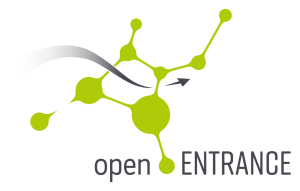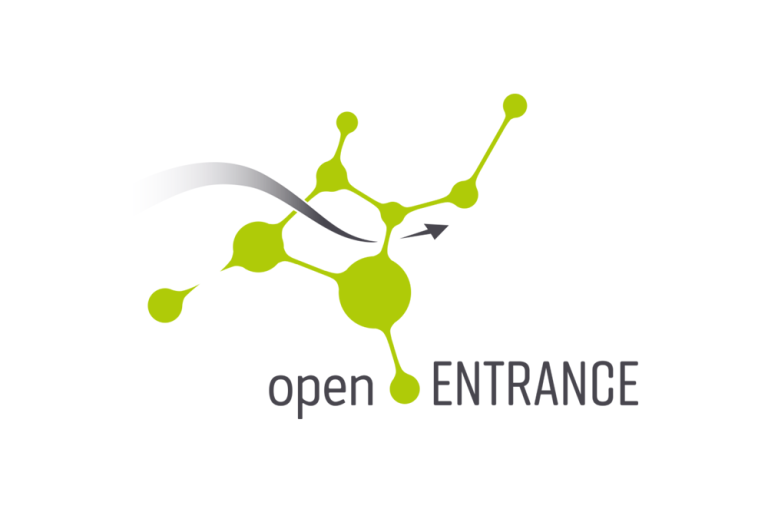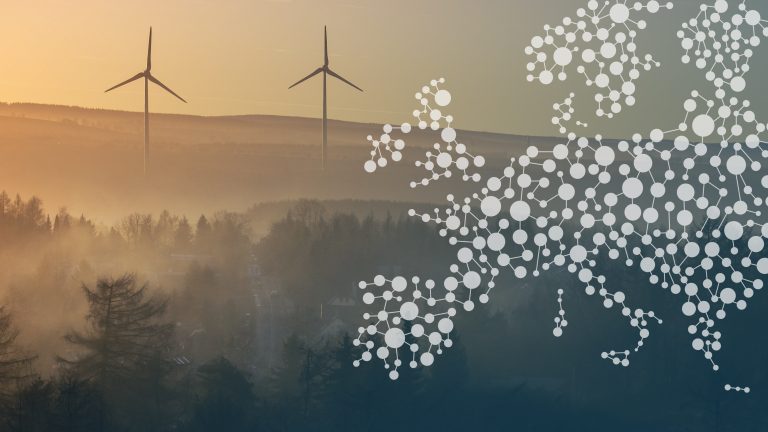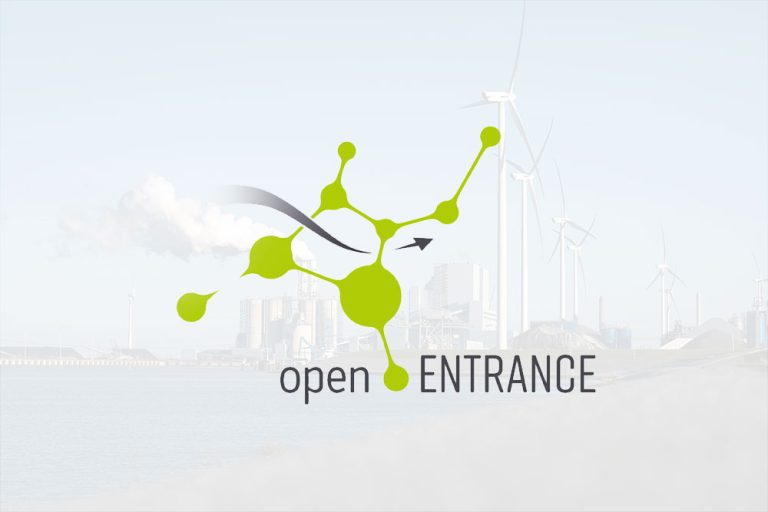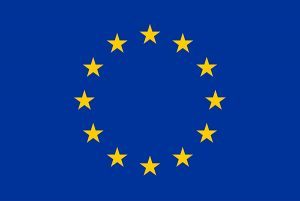EMP-E conference 2019 – Modelling the implementation of A Clean Planet For All Strategy
This year’s third meeting of the Energy Modelling Platform for Europe (EMP-E) hosted by the European Commission DG Research & Innovation took place on October 8th to 9th 2019 at European Commission headquarters in Brussels.
The aim of the annual conference format is to bring together scientists and policy makers on energy modelling issues to bridge the gap between the modelling side and the policy making side of an integrated and comprehensive energy modelling for Europe. To create a stable and symbiotic policy-science-interface on all levels.
The four plenary sessions of the EMP-E 2019 focussed on the key themes of
- Pathways and scenarios towards the Paris agreement,
- Decarbonisation of cities: modelling energy transition, sector coupling and cross-sectoral challenges,
- Investments as a key factor to RES implementation in the EU and
- The effects of externalisation on decarbonisation pathways.
Additionally, several focus groups were centred around more specialised topics and were set up and chaired by researches from the organising projects. Additionally, a networking space, an open meeting space for exchange and exhibition of projects and findings, provided an overview of the EU modelling landscape.
The openENTRANCE project was represented and presented by Volker Krey (IIASA) in an interactive breakout session on “An open Modelling Platform for Europe”. His presentation on “The openENTRANCE modelling platform: Identifying modelling community needs and coordinating efforts” focused on the purpose, workings, exceptional features of and guiding principles behind this open, transparent and integrated modelling platform for assessing low-carbon transition pathways. Please find his presentation here.
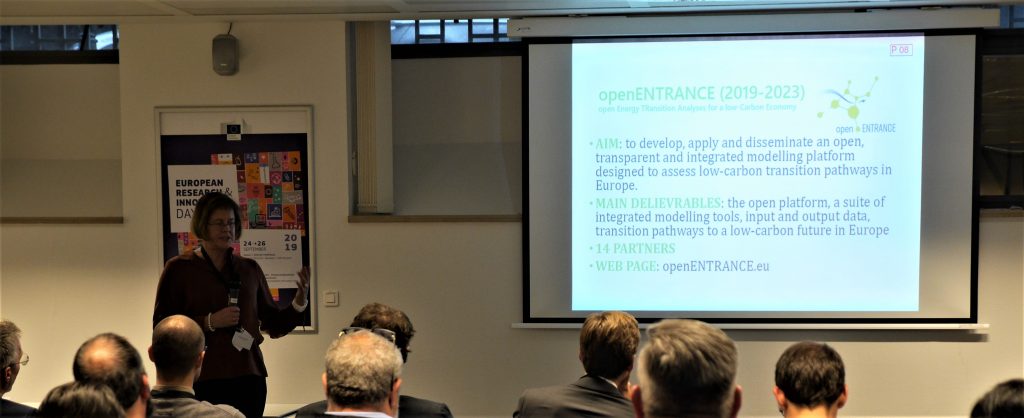
Ingeborg Graabak (SINTEF) 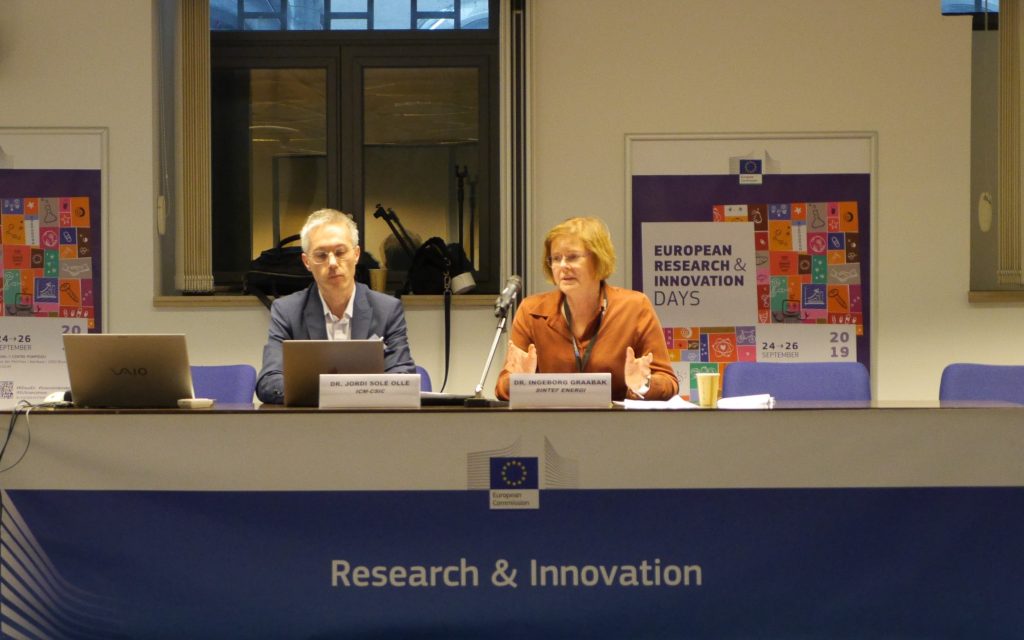
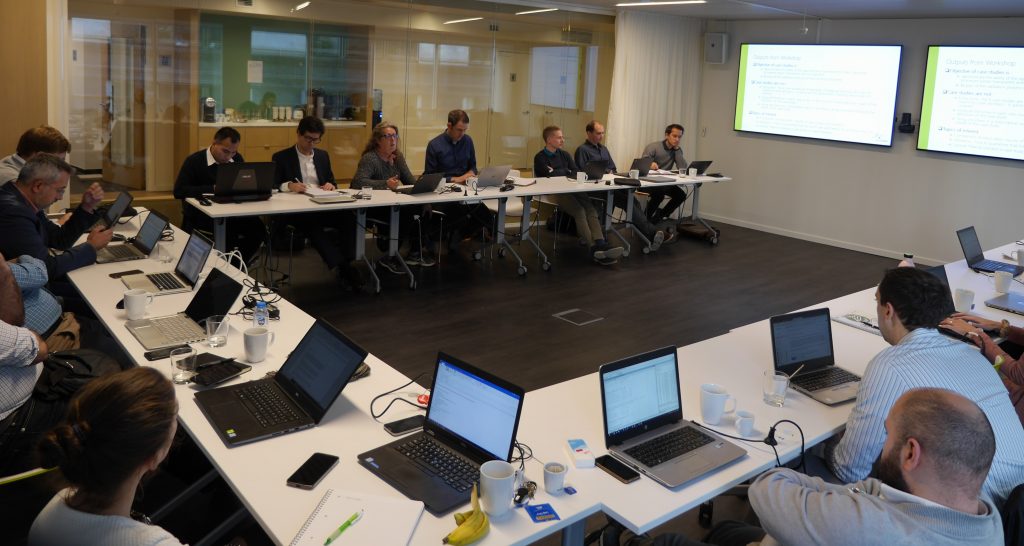
openENTRANCE will be co-organising the EMP-E 2020. Ingeborg Graabak (SINTEF) facilitated a session on potential topics next years conference should focus on and improvements to be made. Suggestions included to cooperate with EMP Africa or North America, focus on social and technical innovations, consider the potential of an Energy Union – contrary to national Energy Systems, discuss past energy modelling projects and the role of energy modelling and modellers in supporting citizens assemblies and small-sized energy community projects.
Link to the agenda.
Link to the EMP-E webiste.
